It Pays To Switch: Monty Hall's Problem
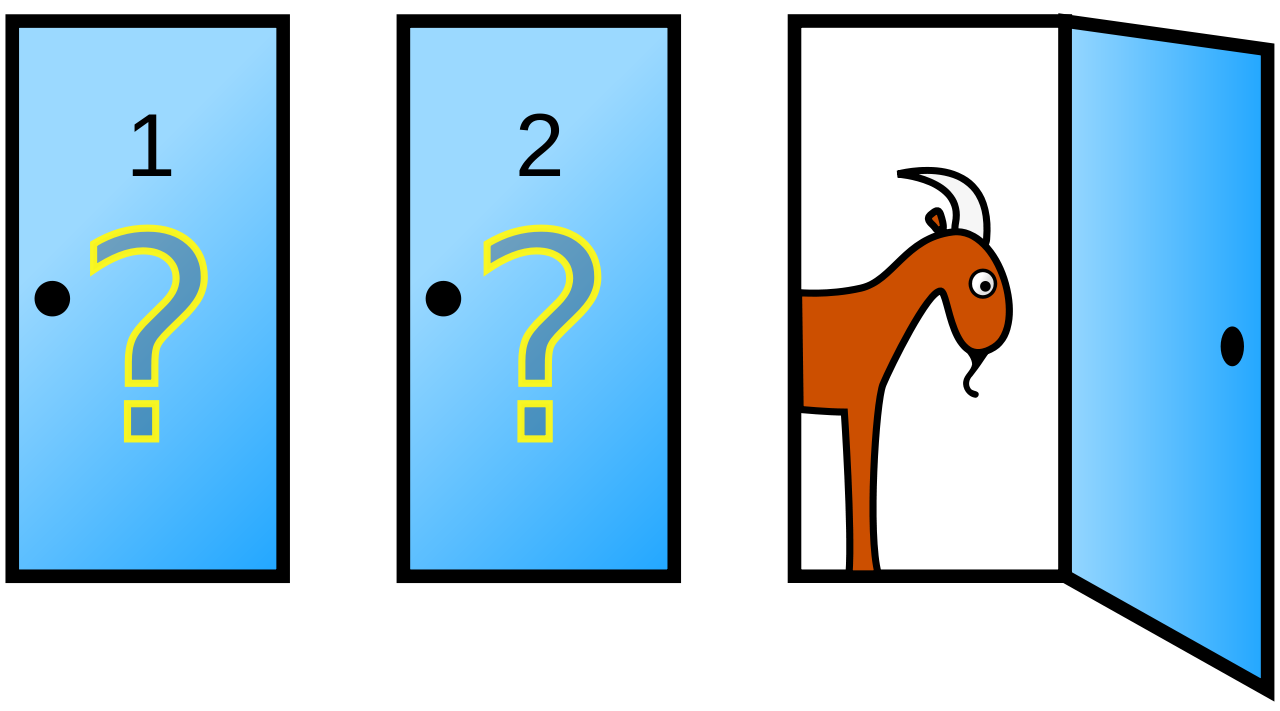
"Suppose you're on a game show, and you're given the choice of three doors: Behind one door is a car; behind the others, goats. You pick a door, say No. 1, and the host, who knows what's behind the doors, opens another door, say No. 3, which has a goat. He then says to you, "Do you want to pick door No. 2?" Is it to your advantage to switch your choice?"
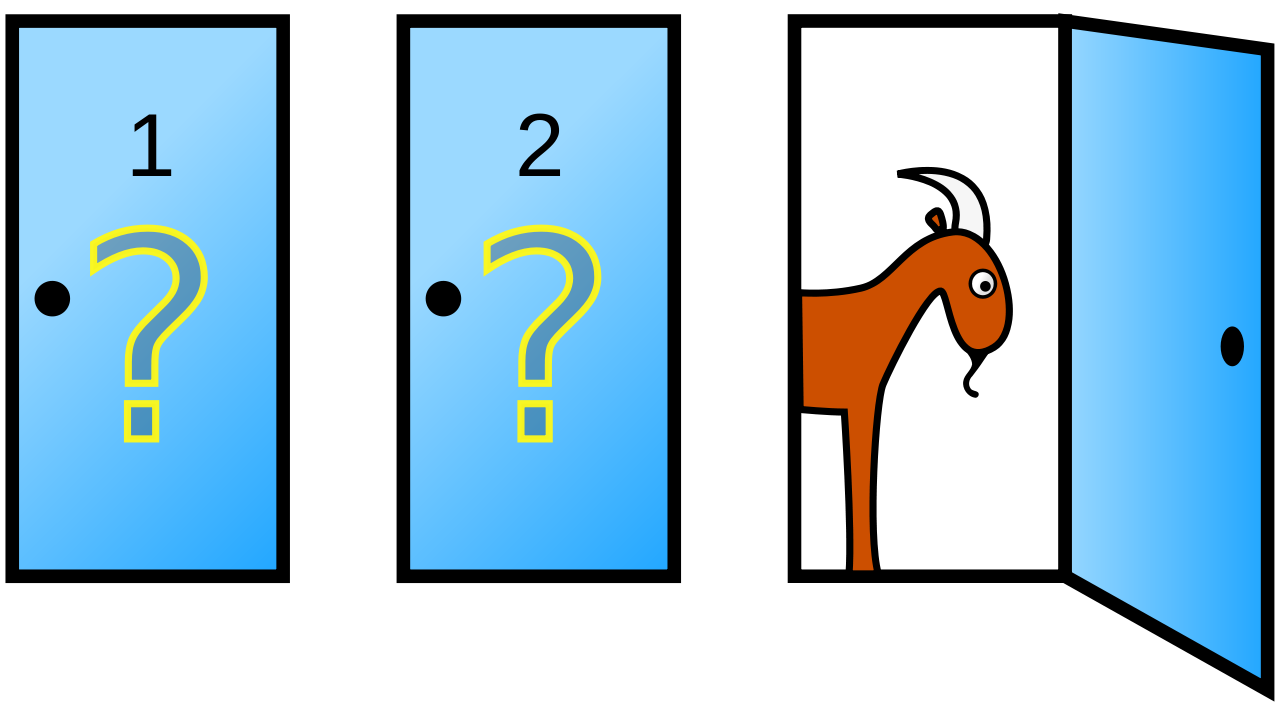
Behind one door is a car; behind the others, goats.
I am standing behind a door. I am only ever standing behind one door at a time. I have a chance of winning. I have a chance of switching.
The probability does not change. But I do. I am only a car if you look at me. Suppose you are given a choice.
Suppose I am given a choice. Is it to my advantage to be a car? Is it to my advantage to be behind this door? Is it my advantage to be picked?
Is it to my advantage to be 2/3rds?
Behind the doors, do the goats have any way of communicating with each other?
One is a prize goat. The other is an unprized goat. What happens to the goat nobody wins?
If you win one goat, that leaves a car and another goat left over.
Someone must ferry the remaining goat and unwon car across a river. But there is a terrible cost: if the goat and the car are ever left unattended together, they will tear each other to shreds.
Let me explain why your answer is wrong.
People are always opening doors to avoid finding me.
Here's a hint: The dilemma is solved by bringing the goat back. But there is always more than one dilemma.
Here's a hint: Return empty-handed.
Of course, to me it is you who stands behind a door.
Suppose you're on a game show. You wait in front of a door, on the other side of which someone is trying to either win or avoid you. If it never opens, did they change their mind?
Let's make a deal: Open the door. Just open the door.
You blew it, and you blew it big. Since you seem to have difficulty grasping the basic principle at work here, I'll explain. The door makes the goat. The choice makes the car.
Before the door opens, we are neither goat nor car; only chance.
Behind your doors, you are riddled with bias and error. You are writing angry letters to Marilyn vos Savant, which she does not deserve. You are choosing the wrong doors, the wrong battles, the wrong goats. Nothing can change that.
Here's a hint: The car is too wide to fit through the door anyways.
A goat can pay for itself in milk and wool in two years. A car depreciates in value the moment you open the door.
First you choose. Then you decide. Then more is revealed. Then you switch. Only after this can you open anything.
What if you decide not to open?
Is this what it means to get someone's goat?
A strange game. The only winning move is to delay.
[Image via]
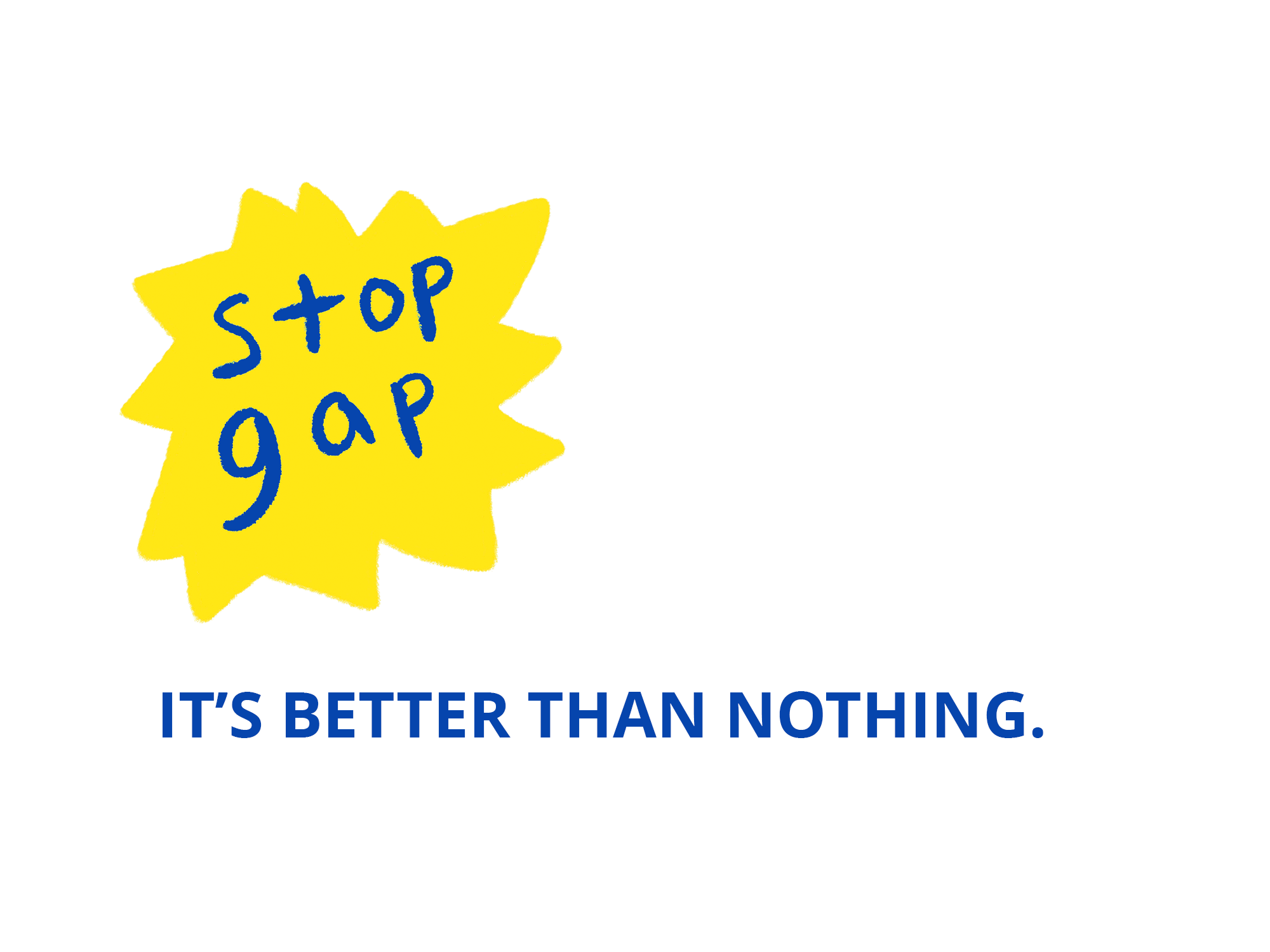
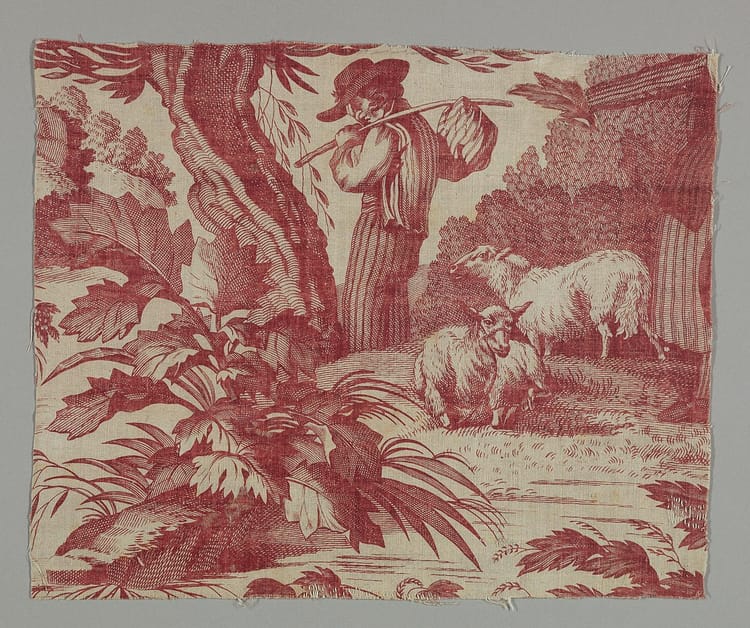
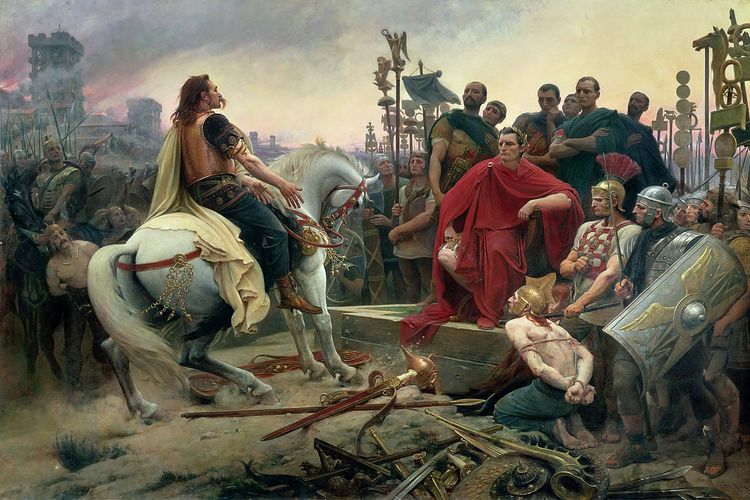
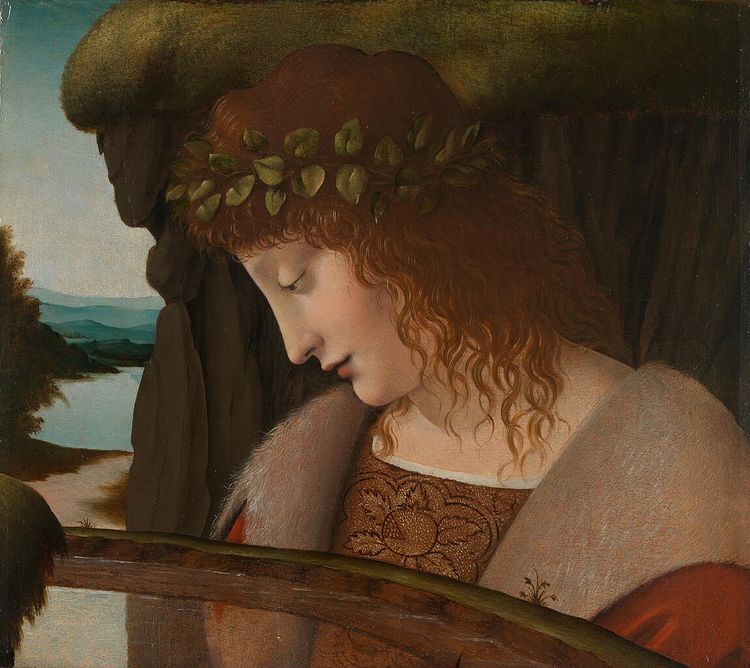
Comments ()